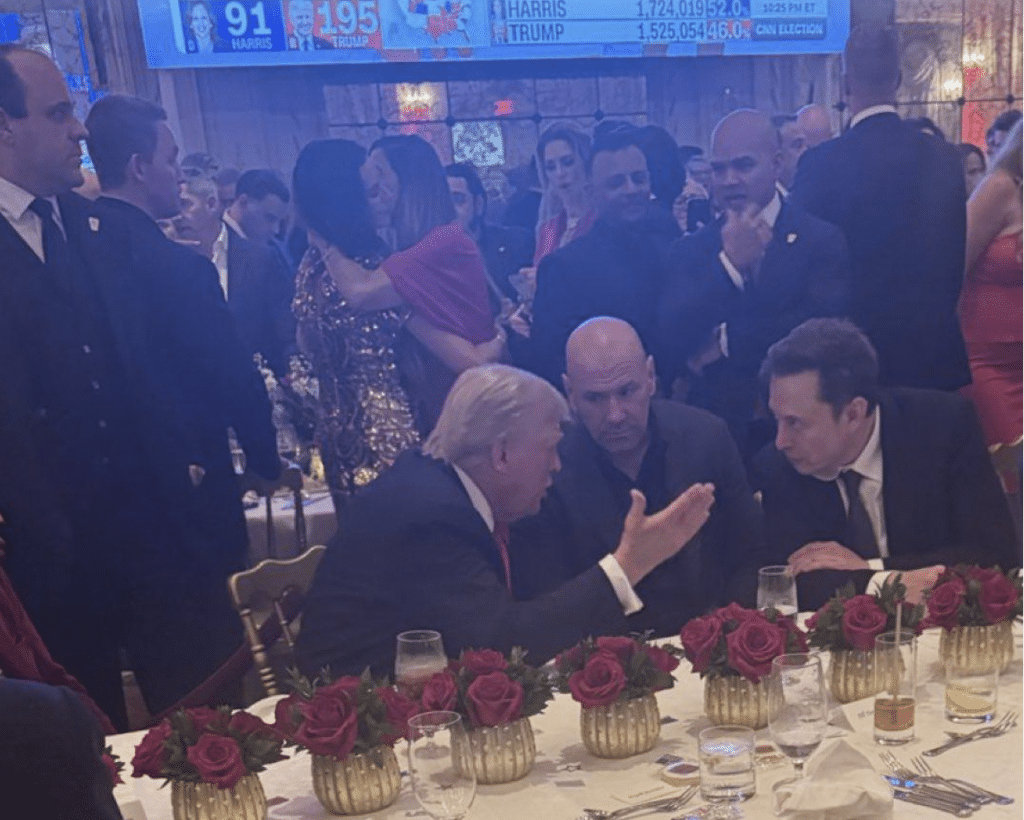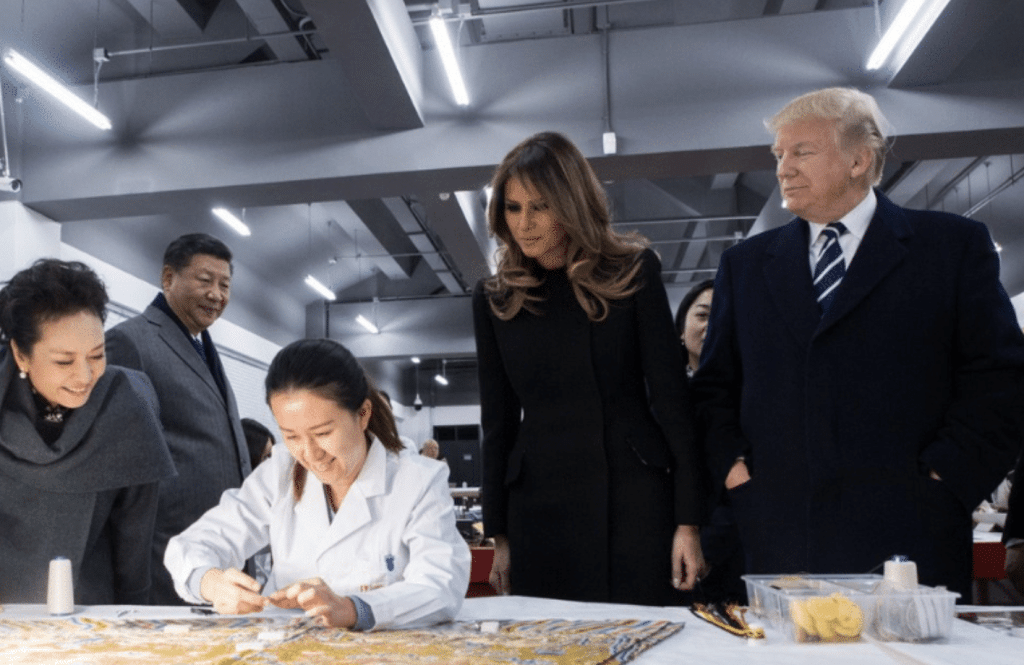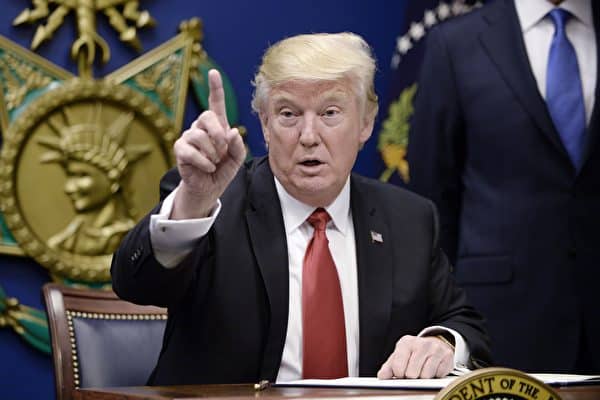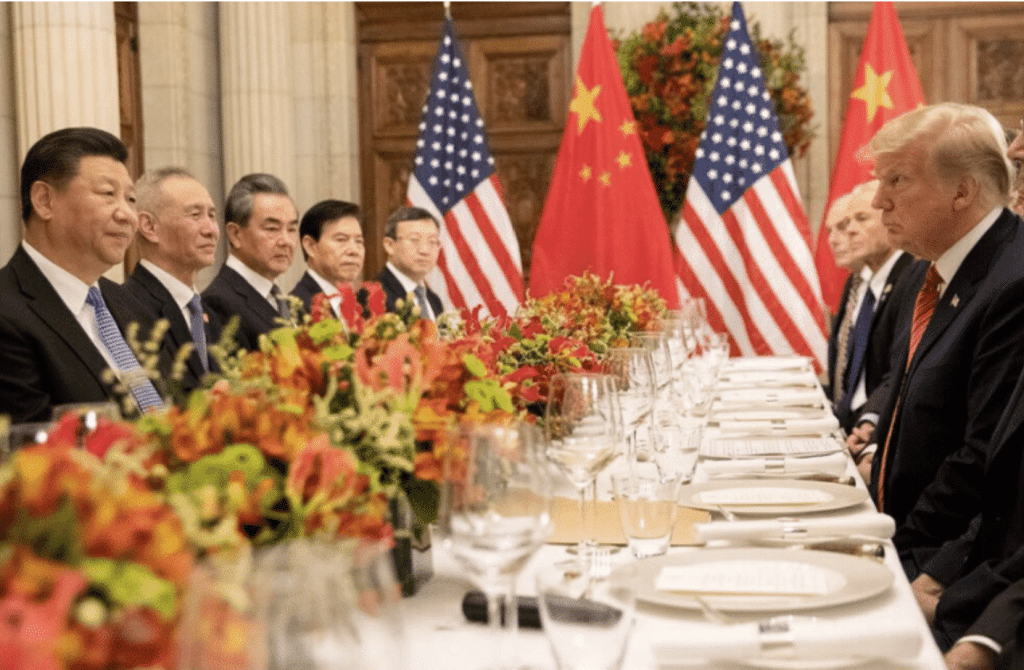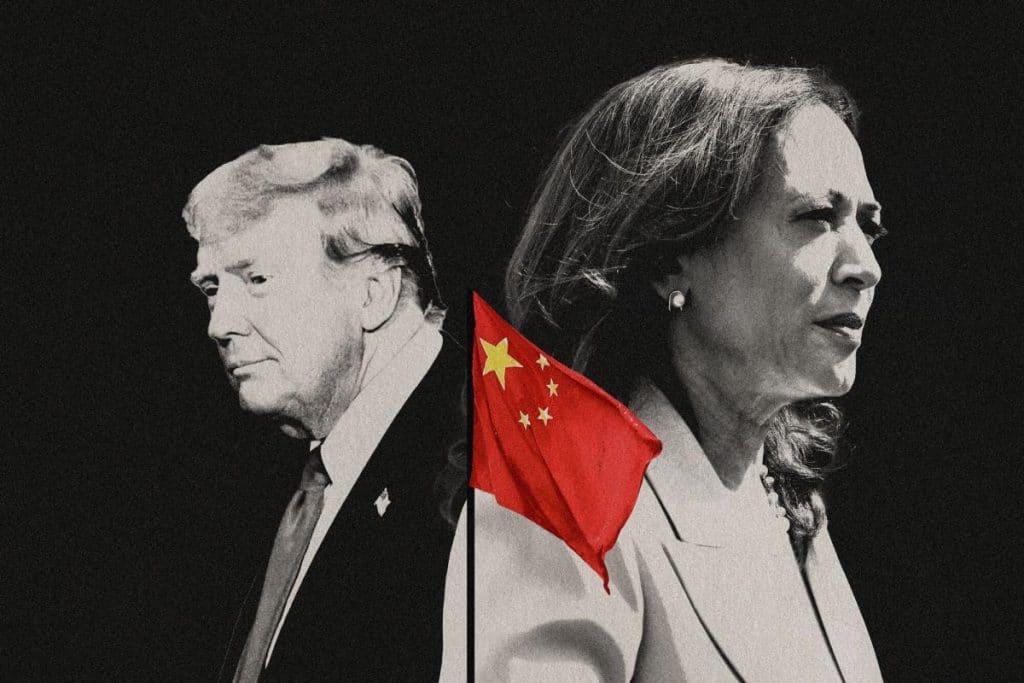Scholars cast doubt on US’ China policy
作者: 来源:China Daily
Leading scholars in both China and the United States voiced strong disappointment following US Secretary of State Anthony Blinken’s latest speech outlining the overall China policy of President Joe Biden’s administration, saying Blinken’s words were neither constructive nor meaningful for improving bilateral ties.
US Secretary of State Antony Blinken delivers a speech on the Biden administration’s policy toward China during an event hosted by the Asia Society Policy Institute in Washington, DC, May 26, 2022. Alex Wong/AFP
In his long-delayed, delicately worded speech made on Thursday in Washington, Blinken tried to justify Washington’s unchanged plan to further contain China by overstating China’s strength in various areas including cutting-edge technologies, observers said.
During the 45-minute address at George Washington University, Blinken outlined the Biden administration’s strategy for relations with the world’s second-largest economy with three words-"invest, align, compete".
"China is the only country with both the intent to reshape the international order and, increasingly, the economic, diplomatic, military and technological power to do it," he said.
He added that the US would "shape the strategic environment around Beijing" to advance what he called a "vision for an open, inclusive international system".
Beijing on Friday responded to the speech with "strong dissatisfaction", saying that the text goes to great lengths in wording but actually "spreads disinformation, hypes China’s threat, interferes in China’s domestic affairs and smears China’s policy at home and abroad".
While Blinken said China is a challenge to the "international order", Foreign Ministry spokesman Wang Wenbin rebuked such a notion, saying the "rule-based international order" advocated by Washington is actually rules for its own clique and protects the order dominated by the US.
At a time when the world needs joint efforts to tackle the COVID-19 pandemic and revitalize the global economy, "the US hyping the China threat won’t solve its own problems but will lead the world to a dangerous abyss", Wang told reporters on Friday in Beijing.
The poor record of the US in human rights and democracy nullifies its right to lecture other nations, and its ganging up with countries in the region under the pretext of the so-called Indo-Pacific Strategy to contain China is "doomed to fail", Wang said.
Sourabh Gupta, a senior fellow at the Washington-based Institute for China-America Studies, said "the fundamental underlying precept of his characterization of China was wrong".
Blinken’s speech would not help clarify policy because "there wasn’t anything terribly new or consequential", and "the only saving grace of his speech is that it was no more hawkish than it was", he said.
"China is not the most serious long-term challenge to the international order. China, rather, is the most serious long-term challenge to the United States’ dominance within the international order," Gupta told China Daily. "Washington erroneously conflates the challenge to its own dominance as a challenge to the larger system."
Wu Xinbo, dean of the Institute of International Studies at Fudan University, said Blinken’s speech is not constructive as Washington has not made changes on three fronts.
"The US has not stopped defining China as the top strategic competitor; it continues its China strategy of suppressing and containing the country in the name of competition; and its attitude toward China is still full of arrogance, prejudice, and even a lot of lies," Wu said.
The speech also signaled that Washington intends to increase direct contacts with Beijing, and it pays great attention to crisis communication and minimizing risks, Wu said.
"And it named more specific areas of cooperation with China than it did before, but it remains to be seen if it will translate its rhetoric into action," Wu added.
In his speech, Blinken listed areas where the US and China could cooperate including the climate, the COVID-19 pandemic, nonproliferation and arms control, illicit narcotics, the worldwide food crisis and the recovery of the global economy.
Su Xiaohui, deputy director of the China Institute of International Studies’ Department of American Studies, said Blinken’s latest gesture for collaboration lacks sincerity "because Washington courts Beijing’s cooperation in areas in its need while it refuses to stop suppressing China".
There is no major difference between Washington’s new approach to China of "invest, align, compete" and its previous definition, as it still seeks to exclude China from production and supply chains it works on building and it continues introducing barriers to coerce China in high-tech sectors, Su said.
"Washington’s hostile China policy led to the current difficulties in bilateral ties, and there is a lot for the US side to do if it is really willing to put relations back on track," Su said.
Originally scheduled for May 5, Blinken’s major policy speech was postponed after he tested positive for the novel coronavirus one day earlier.
Blinken’s speech followed Biden’s Asia trip from May 20 to Tuesday. Biden said "yes" in Japan when asked whether the US would defend Taiwan "militarily", spurring strong opposition from China. The White House and Biden later said that there was no change to US policy on Taiwan.
来源时间:2022/5/28 发布时间:2022/5/28
旧文章ID:27700



